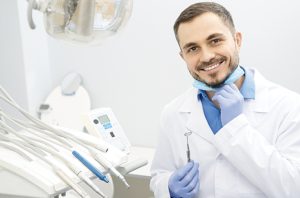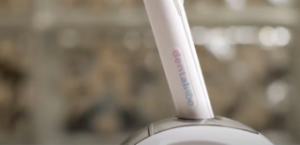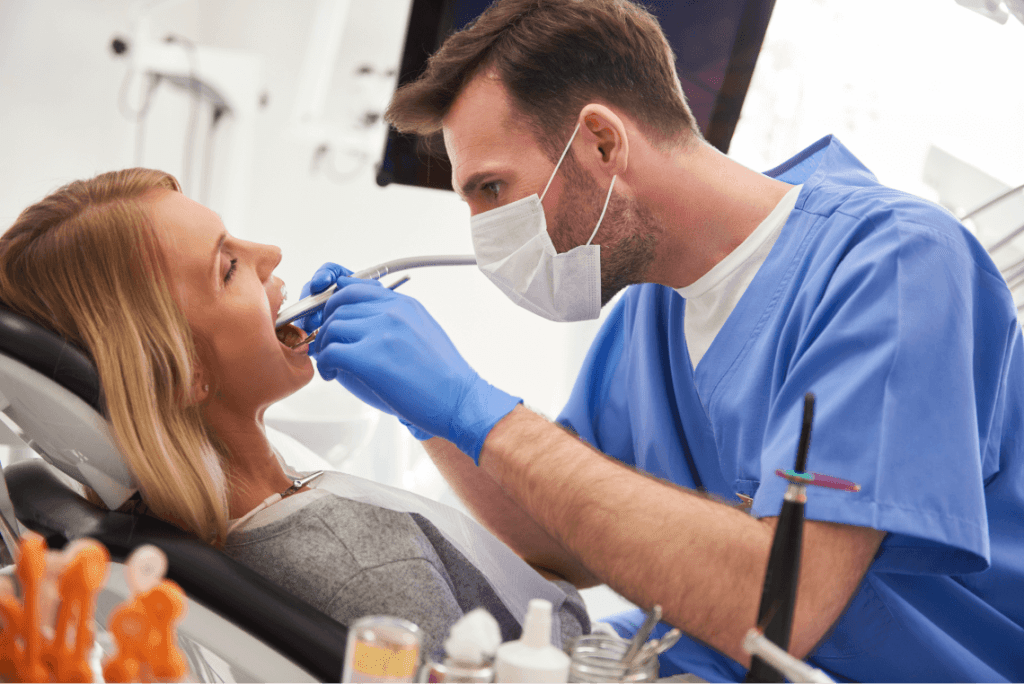Are your wisdom teeth growing in? There are benefits to having your third molars — commonly referred to as wisdom teeth — grow in, or erupt. Wisdom teeth generally erupt any time after 18 years of age and, if they are in the right position, can make chewing even easier or can fill the space of a missing molar. If you need a dental bridge, having wisdom teeth can also provide support, making the procedure more straightforward.
Wisdom tooth eruption is often not a straightforward affair, however. When your third molars are not in the right position to grow in properly, they may only partially erupt, leaving spaces in between your teeth that are hard to reach. This provides a place for bacteria to grow, which can lead to infection.
Wisdom teeth can also become impacted, which occurs when they don’t have enough room to grow in fully. As a result, they can become trapped under the gums or grow in sideways, which can cause all sorts of oral health issues.
How do you know if your wisdom teeth are coming in?
It’s important to recognize the normal signs of wisdom teeth growing in. While many people will have their third molars erupt without any issues, it’s common to experience symptoms such as swelling, pain, damage to other teeth, or infection. You’ll want to visit your dentist if you think your wisdom teeth are growing in, so they can be removed if necessary, before they cause serious side effects for your dental health.
Common signs of wisdom teeth growing in include:
1. Sensitivity and swelling
If you notice swelling at the back of your mouth on one or both sides, often accompanied by minor discomfort, then this is a key sign that your wisdom teeth are growing in.
If you catch your wisdom teeth at this stage, it’s a good idea to consult your dentist about whether they are in a healthy position. Your dentist can take x-rays to determine if there is enough room for your wisdom teeth to grow in without causing damage or crowding your other teeth.
2. Headaches
Sometimes, the signs of wisdom teeth growing in can be more subtle, as is the case with headaches. Wisdom teeth trapped under the gum or in the wrong position can cause overcrowding, and the resulting pressure and tension building up in the jaw can trigger headaches.
If you already suffer regularly from headaches, this symptom could easily go unnoticed. It’s best to continue visiting your dentist regularly, even if you aren’t experiencing any issues, to catch impacted wisdom teeth early with x-rays and determine the best course of action.
3. Infection
When your wisdom teeth partially erupt, it can provide a place for bacteria to grow, causing infections. How exactly does this happen? Even if you’re brushing twice a day and flossing correctly, you could still experience this symptom because of the way the impacted teeth affect your alignment.
When wisdom teeth are in the wrong position and erupt partway through the gums, it often creates a space where food can easily become trapped. It can be difficult to dislodge food caught in this opening, because of how tight the teeth are wedged against the other. The infection that’s caused by this is called pericoronitis, and is one of the most major symptoms that makes extraction time-sensitive.
You may be experiencing pericoronitis if you have severe pain near your back teeth, swelling of your gum tissue, pain when swallowing, or the discharge of pus from your gum tissue.
What should you do when your wisdom teeth are coming in?
If your wisdom teeth are not causing any problems and appear to be growing in straight, keep an eye on them. You may want to contact your dentist’s office to ask if they recommend making an appointment at this stage.
You should definitely visit your dentist for an evaluation if your wisdom teeth are causing any pain, including jaw pain or headaches. Pain most likely means that your teeth have become impacted and need to be extracted as soon as possible.
Don’t delay having your wisdom teeth extracted due to a fear of dental pain or injections. Putting off your wisdom teeth extraction could lead to severe dental complications, which will likely lead to even more dental procedures.
If you need to have your wisdom teeth extracted, but are hesitant because of a fear of dental needles, look for a dentist who offers pain-free injections. Many dental offices are using the DentalVibe Comfort Injection System, which eliminates the pain of dental injections by using vibration to block pain signals from the brain. Visit our directory to find a pain-free dentist near you!
















